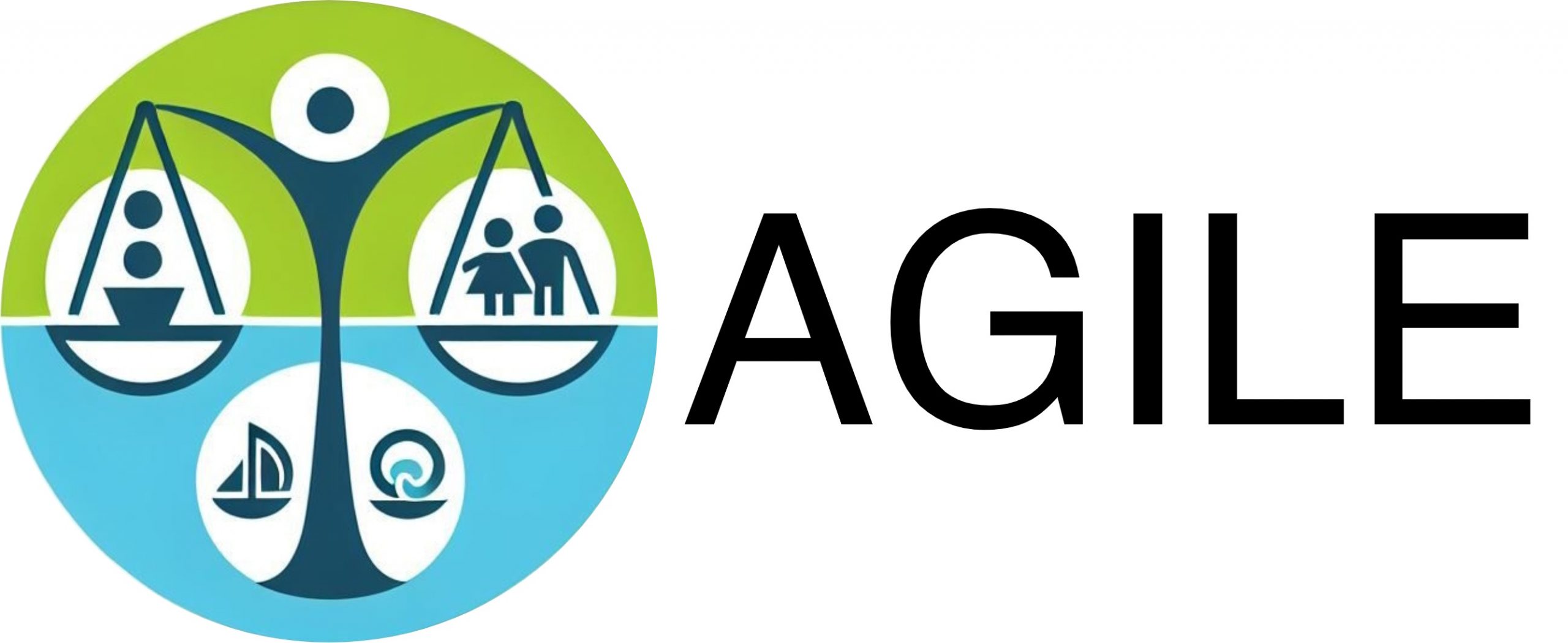Authors: Janine Leshcke, Trine Larsen and Sonja Bekker
Abstract
This paper examines how unemployment insurance benefits (UIB), childcare, and parental leave policies intersect to shape gendered labour market insecurities in Denmark, Germany, the Netherlands, and the UK. While comparative research has long explored women’s employment and care, it often overlooks how transitions into unemployment affect access to childcare and leave entitlements, and how these entitlements in turn feed back into labour market opportunities. For mothers who remain overrepresented in non-standard and part-time work the risk of exclusion from UIB, coupled with the potential loss of childcare or leave rights, can create self-reinforcing disadvantages.
Our contribution is both empirical and conceptual. Building on transitional labour markets (Schmid & Gazier 2002) and the flexicurity literature (Wilthagen & Tros 2004; Larsen 2010; Bekker & Leschke 2023), we propose a framework for analysing transition security in and out of work, with a focus on how individualized, employment-related rights intersect across subsystems of social protection. Rather than treating UIB, childcare, and parental leave as discrete institutions, we show how they interact to create virtuous or vicious circles of security and insecurity. For example, universal childcare guarantees, as in Denmark and Germany, can buffer job loss by supporting mothers’ re-entry, whereas employment-linked entitlements, as in the UK and Netherlands, may cut off childcare access precisely when it is most needed.
Empirically, we compare eligibility conditions, generosity, and institutional design across the four countries. Our analysis highlights how UIB systems remain structured around standard employment norms, with qualifying conditions based on tenure, hours, or earnings that disproportionately disadvantage women. The exclusion of mini-jobbers in Germany or domestic workers in the Netherlands exemplifies how institutional rules reinforce gendered labour market segmentation. Intersection UIB with care policies, even in Denmark’s universalistic regime, links between unemployment insurance and paid parental leave mean that women in non-standard jobs may lose access to benefits.
By situating these findings in the broader literature on unemployment benefit regimes (Gallie and Paugham 2000) (de)familialisation and (de)genderisation (Saxonberg 2013), we demonstrate how unemployment protection and care policies can either reinforce or mitigate traditional gender roles. The paper argues that existing typologies of unemployment or care regimes insufficiently capture these cross-system dynamics. Our revised framework highlights how institutional arrangements at the nexus of work, unemployment, and care can reproduce inequalities—or, alternatively, open pathways to more inclusive solidarities
